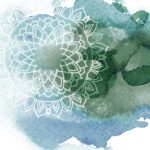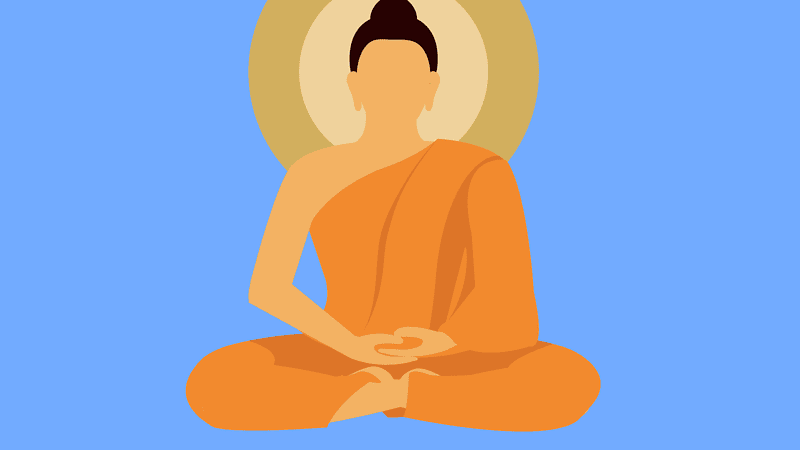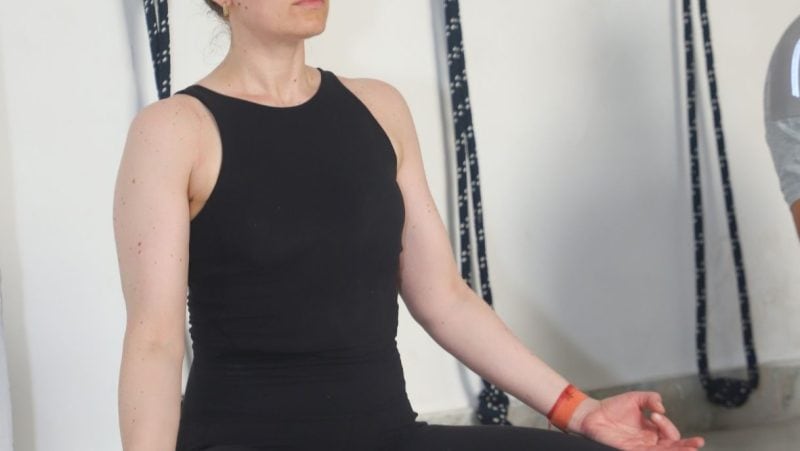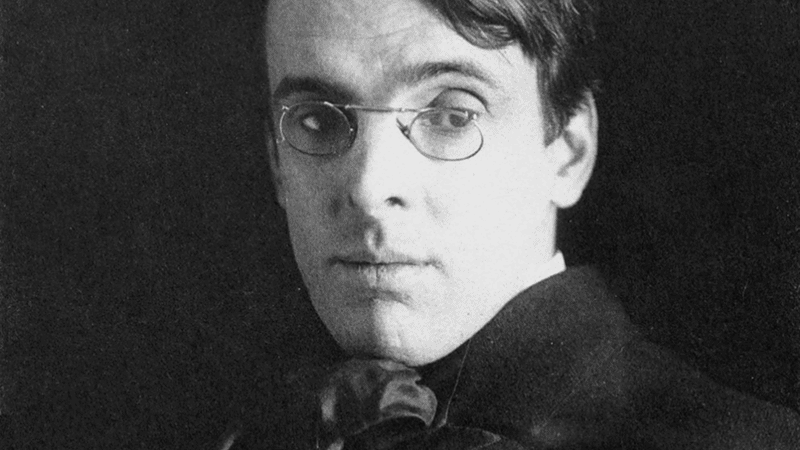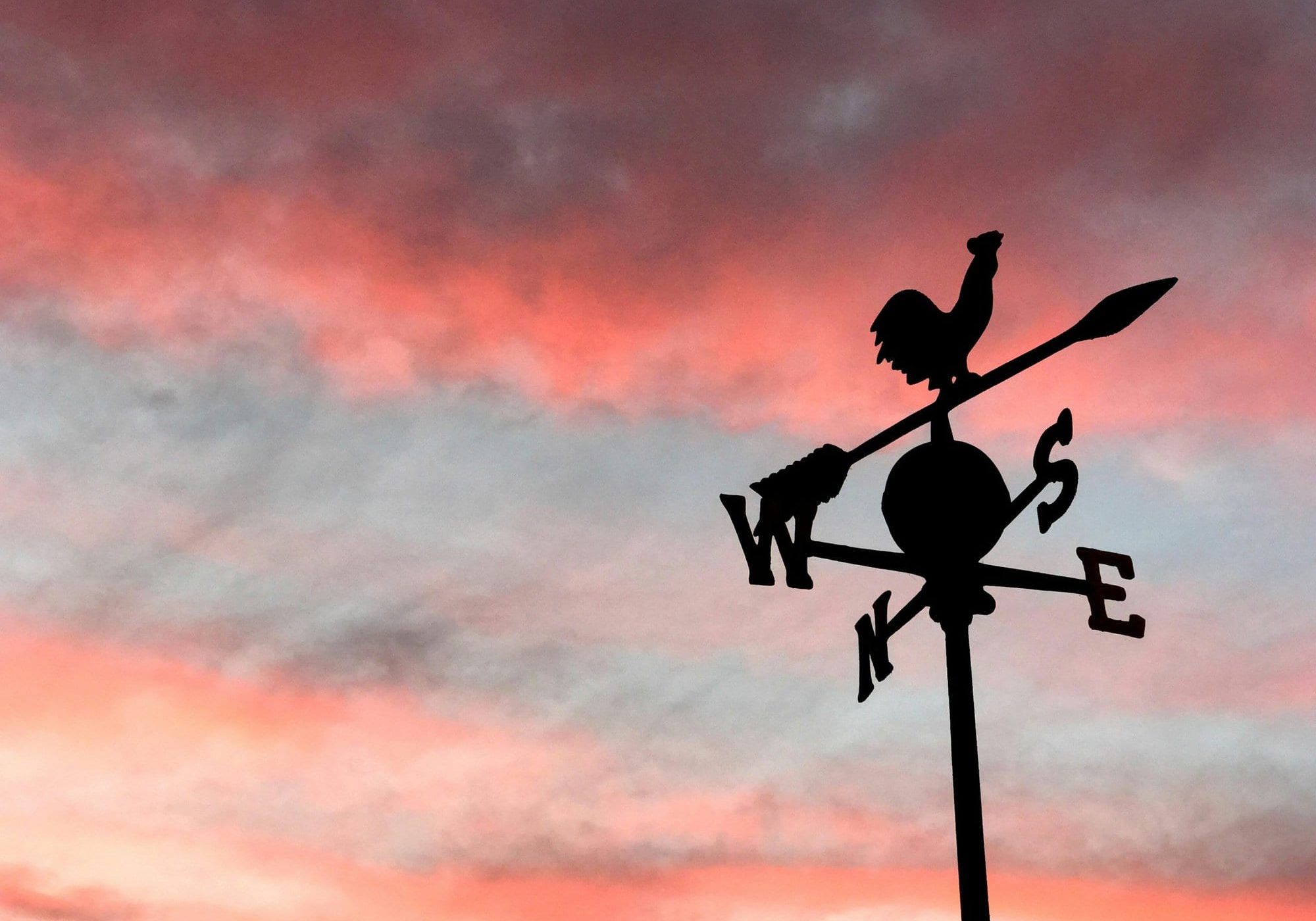
Why Mindfulness Isn’t for Everyone
Exploring the Depths of Vichara Meditation - By Tina Basi
Reading time: 3 minutes
Someone recently asked me to convince their son to embrace mindfulness. I asked what his resistance was and they responded by telling me he thought it was like running on the spot. I had to say I kind of agreed with him.
Mindfulness is one step on Patanjali’s 8-fold pathway and although it is key in grounding one’s practice and attention in the present moment, it isn’t the end goal.
Vichara meditation is the meditation of self-enquiry. Vichara means to roam about within, it invites one to open up to the interior world and explore what is happening in the heart and the mind. It is also aligned with Jnana Yoga, the path of self-knowledge.
But what is self-enquiry? If you have ever done any group meditation or therapy, you will be familiar with the teacher or therapist gently guiding some internal reflections. They might ask you to say more, invite some thinking of motivations, or ask if you can notice any patterns of thoughts or feelings.
With vichara meditation, this type of deeper reflection happens in two steps. The first is to use a contemplative question such as, ‘How am I?’or ‘How do I feel about this?’. The second step is communicating this to someone. In this way you are doing your own therapeutic work, reflection, and sharing.
Vichara meditation is a practice that can be easily embedded throughout our daily activities. We all know the Victor Frankl quote, “Between stimulus and response there is a space. In that space is our power to choose our response.
In our response lies our growth and our freedom.” When we practice Vichara meditation, we are cultivating the ability and skill to pause and hold space for ourselves. When stressful situations arise, we learn how to pause and ask, ‘How am I?’, before we choose our response.
Vichara meditation is a profound way of taking our meditation journey even deeper into our lives. A common myth prevails that meditation remains an activity done alone, in 20 minute bursts, or as a task in our daily wellness to-do list. This is not true.
Sanghas have existed for millenia and they are not monastic communities, they are often social and cooperative groups of people living according to shared values, ethics, and principles. We live in sanghas all the time and these are valuable places in which to share our reflections as they come up. To communicate how we are and who we are.
Vichara meditation can be applied to all of life, or specific areas of life. It can work at any pace we choose. It can offer insight into any problem we are having. It is the most profound tool of healing and it is found in almost every wellness activity that exists.
We can ask ourselves how we truly are, how we truly feel, when we are brushing our teeth, chopping vegetables, walking the dog. And in this way, mindfulness* is an excellent tool to help us build the skills of attention and focus, to learn how to master neural flex. But it is only one step in the journey to knowing our true selves.
*commission earned from this link.

